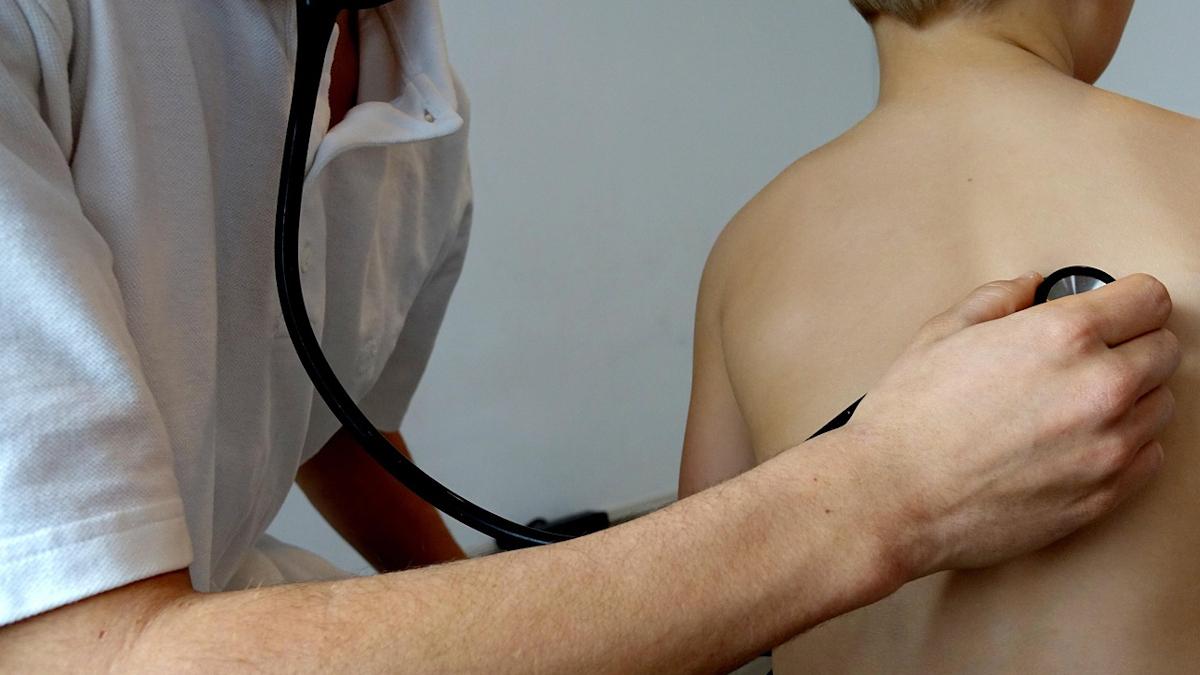Metsera gets $215m for obesity trials, and other financings

If any further evidence were needed for the insatiable investor appetite for companies with obesity assets, look no further than New York start-up Metsera.
After emerging from stealth with a $290 million first round in April, the biotech has added another $215 million to its coffers via a Series B led by Wellington Management and Venrock Healthcare Capital Partners, taking the total raised by the company over $500 million in just seven months.
The sizeable new round follows the announcement of phase 1 data for its lead asset MET-097i in September and, according to the company, will be used to "further accelerate" the development of its pipeline, which now includes two other candidates in clinical trials.
MET-097i is an ultra-long-acting GLP-1 receptor agonist that was shown in a phase 1/2 trial to achieve 7.5% weight loss over 36 days and a 380-hour (nearly 16-day) half-life, which Metsera said was at least as good as approved and clinical-stage drugs in the class, which include Novo Nordisk's Wegovy (semaglutide) and Eli Lilly's Zepbound (tirzepatide).
The company has now launched a phase 2 trial of a once-monthly version of the drug, with results due in the first half of 2025.
Meanwhile, it has taken ultra-long-acting amylin analogue MET-233i – which may also offer once-monthly dosing – into clinical trials, along with oral GLP-1 candidate MET-002.
New investors joining the round included Arch Venture Partners, Alpha Wave Ventures, GV, SoftBank Vision Fund 2, Newpath Partners, and SymBiosis, alongside existing backers.
Other big financings this week
Swiss biotech Alentis Therapeutics raised more than $181 million in a Series D that will support clinical trials of two antibody-drug conjugates (ADCs) targeting claudin-1 (CLDN1), with potential as treatments for solid tumours and potentially fibrotic diseases.
The two candidates – codenamed ALE.P02 and ALE.P03 – are scheduled to start phase 1/2 trials later this year and in 2025, respectively. ALE.P02 has a potentially first-in-class tubulin inhibitor payload, while ALE.P03 features a topoisomerase I inhibitor.
The funding round was led by OrbiMed, with co-leads Novo Holdings and Jeito Capital, and "substantial contributions" from Frazier Life Sciences, Longitude Capital, RA Capital, and Catalio Capital, among others, according to the Basel-based company.
Trace Neuroscience has emerged onto the scene with a $101 million Series A earmarked for the development of an antisense oligonucleotide for amyotrophic lateral sclerosis (ALS) that aims to restore the function of the protein UNC13A, which is thought to play a role in 97% of genetic and sporadic forms of the neurodegenerative disease.
The South San Francisco company reckons targeting UNC13A can re-establish healthy communication between nerves and muscle cells, something it recently described in a paper on preprint platform bioRxiv. It hasn't given a timeline to take its lead candidate into clinical testing.
The financing was led by Third Rock Ventures, with participation from Atlas Venture, GV, and RA Capital Management.
Finally, TRex Bio completed an $84 million second round, led by Delos Capital, that will help to take its TNFR2 agonist TRB-061 through early clinical studies in patients with immune-mediated diseases like atopic dermatitis and ulcerative colitis. The first phase 1 study is slated to start in the first half of next year.
It will be its lead in-house project and the second to enter the clinic after Eli Lilly-partnered TRB-051, which began human testing in the summer. Lilly licensed the drug for $55 million upfront in 2023, with $1.1 billion in potential milestones, and also has options on two other regulatory T-cell (Treg) programmes.
New investors Avego BioScience Capital and Agent Capital joined the South San Francisco company's Series A, alongside existing backers Eli Lilly, SV Health Investors, Pfizer Ventures, Johnson & Johnson Innovation, Alexandria Venture Investments, and Polaris Partners.
Photo by Diana Polekhina on Unsplash












